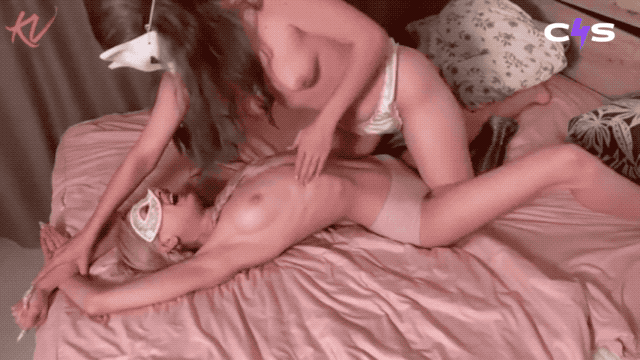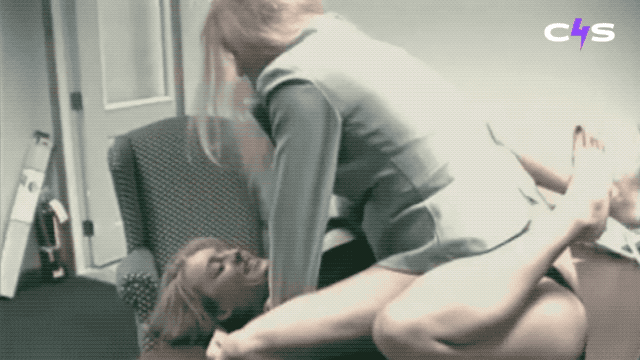I've seen the fight before, it is as hot as it was before. There's just a slight peeve of mine I have a hard time letting go... This is a Hong Kong movie, not Chinese.
The thing is, that before Bruce Lee could cash in his chips with riding the coattails of the Kato Show (known as Green Hornet in the US), and put HK cinema on the map, due to the casual racism of the crumbling colonial empires, filmmakers of Asian descent weren't that successful, and since the communist movies were a hard sell, it fell on Hong Kong to carry the burden of producing Cantonese movies for the overseas communities who were equally Cantonese speakers (and this time, subtitling between the two dialects in lack of the PRC's recognition wasn't yet really a thing either).
In the early '60s, when this movie was shot, filmmakers struggled with a direction. Many creators, who previously resided in Shanghai, which was Asian Mecca for filmmaking in the interwar period, brought their own style and experience into exile, that left its mark on Hong Kong prior to its Japanese invasion. This is to say, many of them held strong views about what the Chinese cinema must be, and that clashed with Truffault's French New Wave. I won't go into detail on how HK film financing was used to launder triad money, autobiographies from celebrities, like Jackie Chan do a better job in explaining it, suffice to say, they had cash to burn on novelties.
A movie like this, even for its time has met with harsh censorship, and I might need to look into it, but it wouldn't surprise me if it was only shown in limited release or as a B movie. If you had seen 2046 or In the mood for love, then you can remember that the previously unimportant, tiny colony (compared to the PRC) of Hong Kong has become a refugee camp for the lucky few, who could escape the PRC. That created a major housing problem, thus it wasn't all too surprising, that even moderately well off people (journalists, architects, businessmen) with their wives had to move into apartments like this one.
The older lady who breaks up the fight between them is the landlady, who usually herself lived there. Interestingly enough (for younger readers here, especially those born after the Cold War), this type of "mother superior" arrangement for young women was the same in capitalist and communist societies. Some even led books where the men had to sign in, and it wasn't uncommon for these landladies to interview the men (if they were even allowed to enter the apartment) regarding their intentions. Of course this wasn't just about chastity, rather these apartment owners wanted to avoid unplanned pregnancies, and having babies there.
Their Western négligées are an indication, that both women has long-lived in HK. I like the realism in this movie, that even though society suffered through warlords, occupation, a civil war, and officially polygamy was outlawed (yes, even Grandmaster Ip Man had more than one wife per tradition), the inclination to have a side chick beside your wife, regardless of social status, and the fact they had to live together, such meetings at the only telephone in the apartment was a constant spark for catfights.
Personally, I think in contrast with 2046, where they did shoot in an apartment, this scene is spacious enough that I lean towards sound stage.

